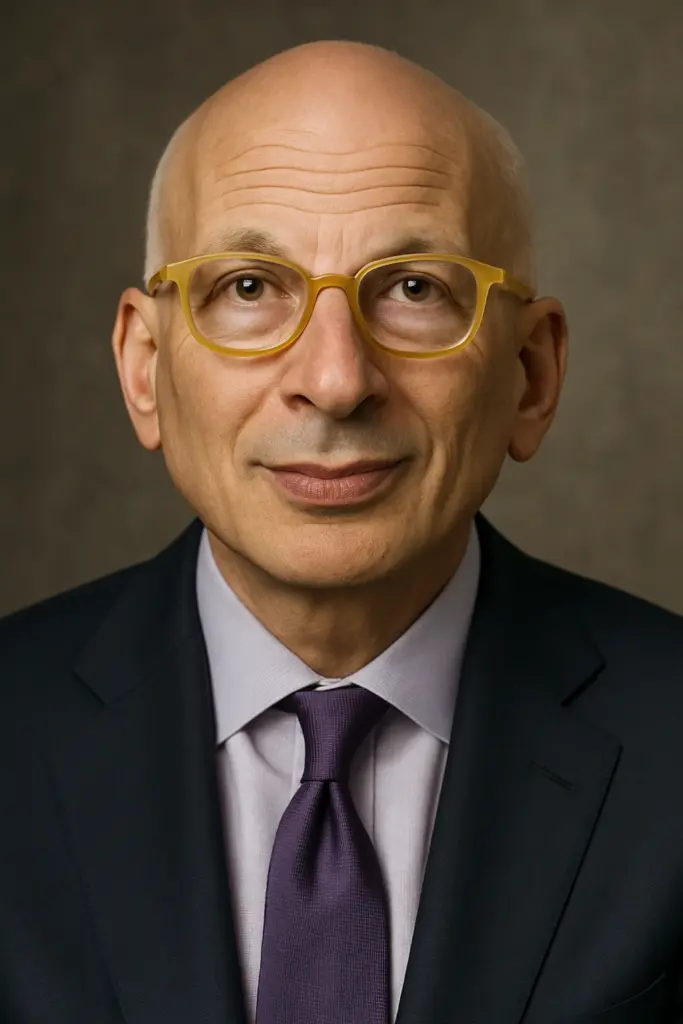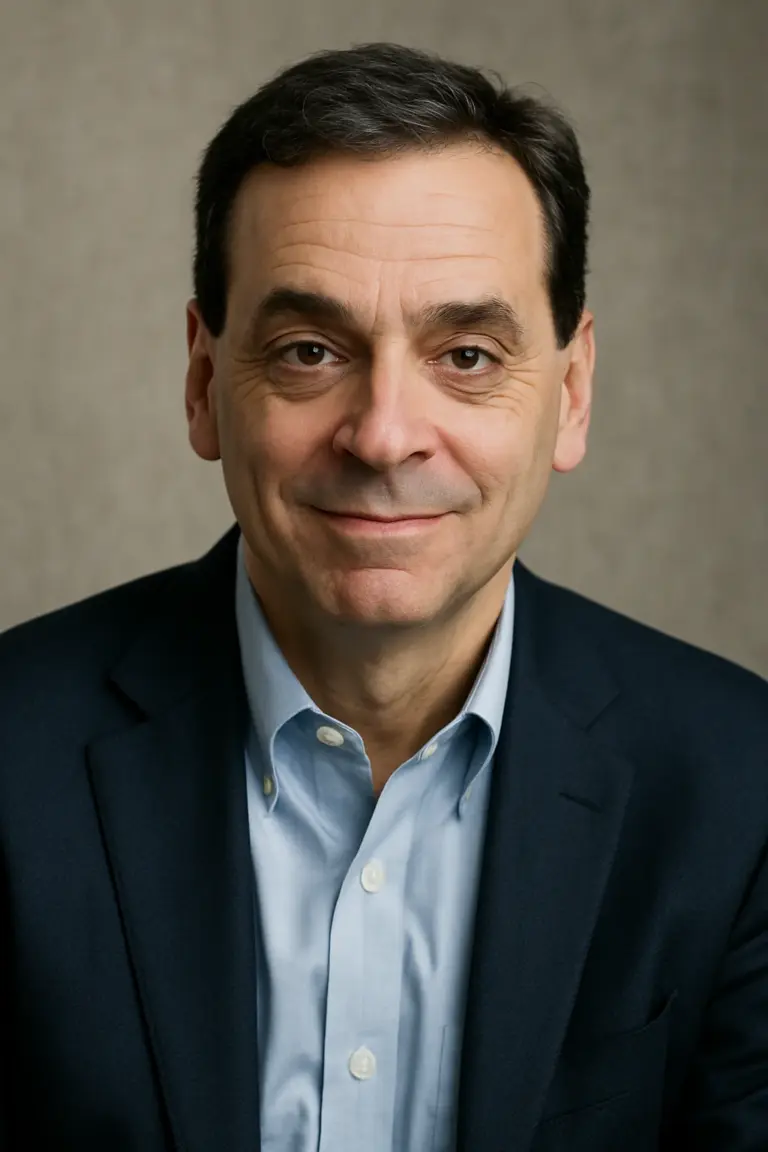From Mailman to Post Office Builder I recently participated in a LinkedIn discussion, and I wanted to open it up to the world (or anyone who wanted to read or contribute to it). It is partially edited so it reads better in a blog format. I thought what John Clarkson commented back was brilliant. What do you think? Any brave souls out there? Social media's value is that it is created and communicated by the...
Category: Business
Low Esteem and The Factory
"If you want to hire people to do a job, to be cogs in the system and to do what they're told, you might want to focus on people who don't think very highly of themselves. People with low self-esteem might be more happy to be bossed around, timed, abused, misused and micromanaged, no? And the converse is true as well. If you want to raise your game and build an organization filled with people...
Running A Project & Managing A Project
“If you choose to manage a project, it's pretty safe. As the manager, you report. You report on what's happening, you chronicle the results, you are the middleman. If you choose to run a project, on the other hand, you're on the hook. It's an active engagement, bending the status quo to your will, ensuring that you ship. Running a project requires a level of commitment that's absent from someone who is managing one. Who...
Beyond Analytics: How Do You Measure Effective Readership?
Measuring True Content Engagement I received this question this afternoon from an association site I belong to. Below is the answer I responded with on the association site, but I want to make sure anyone can add additional thoughts to this topic, which is why I am also posting it here (similar to the lemonade stand analogy below). How would you have answered the question? Unique visitors benchmark data We are playing with a design...
The 22-Minute Meeting

Rethinking Productivity in Corporate Gatherings Scott sent this to me a few days ago, and I finally got a chance to watch it tonight. I did enjoy it and am guilty of taking my laptop and phone everywhere I go because most meetings aren't productive, so I disagree with those two rules. Nicole Steinbeck says: "Meetings can be a huge productivity & time suck. So what if you took out all the stupid, wasteful stuff...
The Surprising Truth About What Motivates Us
Daniel Pink's RSA Animate on the Science of Motivation Autonomy The desire to direct our own lives and work Mastery The urge to get better at what matters to us Purpose The yearning to serve something larger than ourselves Understanding Intrinsic Motivation About Daniel Pink Daniel H. Pink is the author of several bestselling books about business, work, creativity, and behavior, including "Drive: The Surprising Truth About What Motivates Us," which is the basis for...




